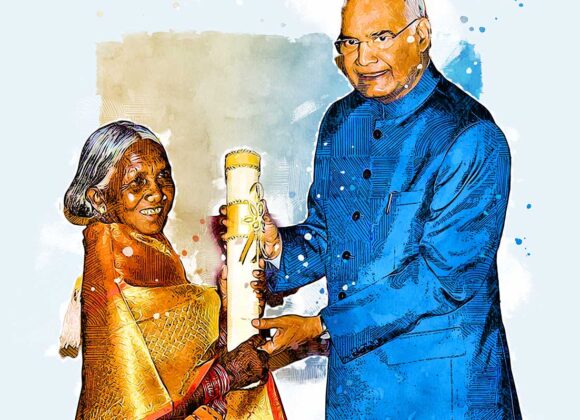The insufficiency of fertile land and the population boom in the present global scenario is a matter of serious concern. And this has led the agro-scientists to research new and eco-friendly ways of farming to fulfill growing food demand. Hydroponic farming is one of few budding trends in urban plots that require minimum space and least resources. Besides, the grooming interest among the educated young experimentalists has added value to agriculture.
Ashish Mohanty and Pragyan Sahu of Odisha’s Jagatsinghpur district are the gleaming examples of young agropreneurs. Despite well settled jobs, the couple always had an urge to create livelihood at their native place. Fortunately, soilless farming came as a blessing in disguise for the couple and that laid the foundation of HydroValley.
“The growing demand for leafy vegetables like lettuce, basil, broccoli and cherry tomatoes surprised us. The hit motivated us to quit our jobs and indulge in our new endeavour full time. We have our choice of work and the greens of our farm satisfy us from within.”
The unique idea of Hydroponic farming requires no soil and water as much as 90% less. This grabbed their attention particularly. It inspired them to explore minute information regarding the technique, its efficiency and pre-requisites for farming. They contacted professional agronomists to acquire practical proficiency. They knew it was a blind shot as they were trying something new in their lives, but they had faith in their acquired art and past corporate experiences. Hydroponic farming was new to Odisha, but not to the world. All they wanted was proper planning and a little luck.
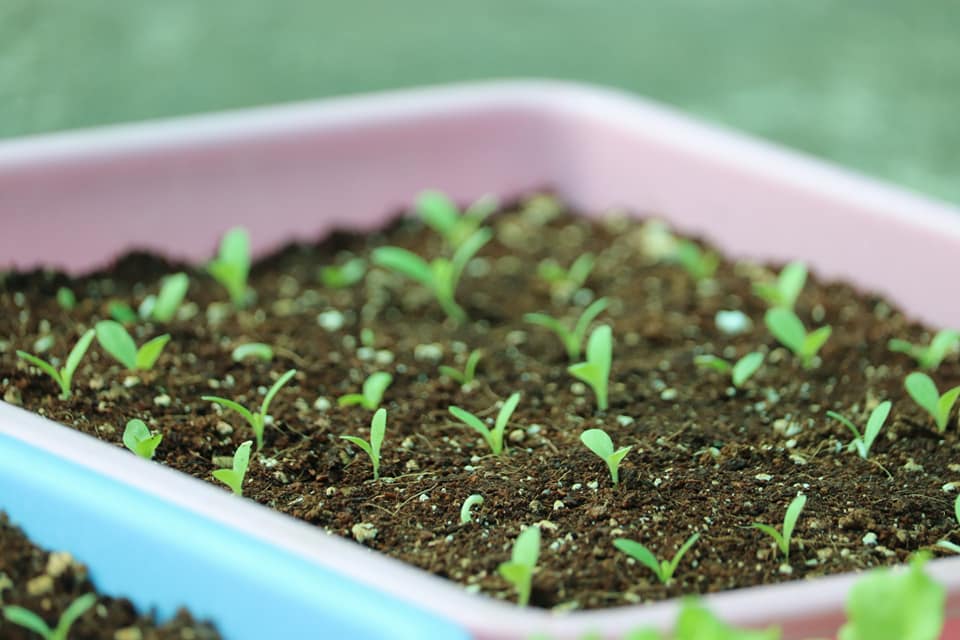
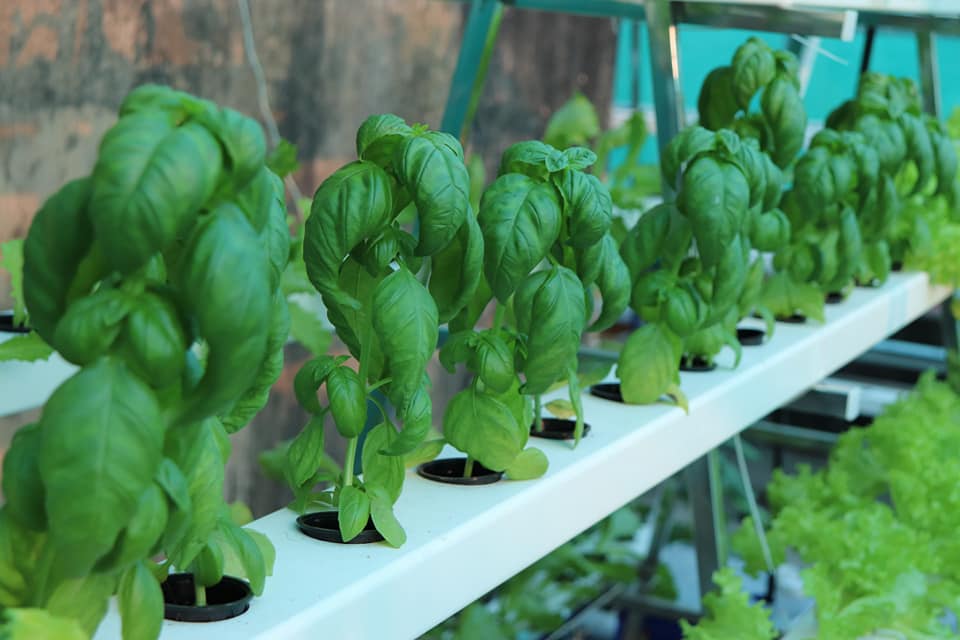
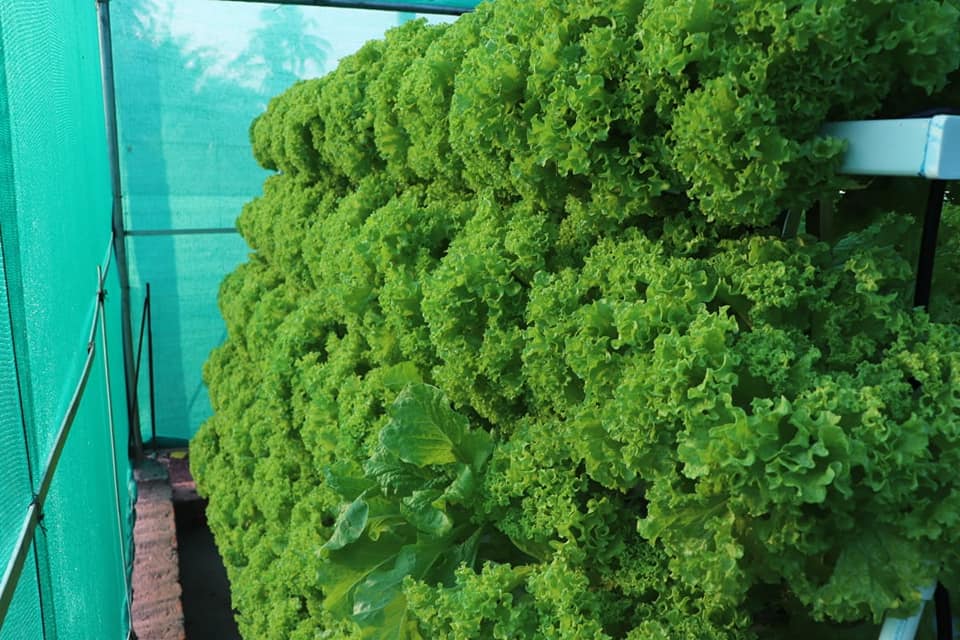
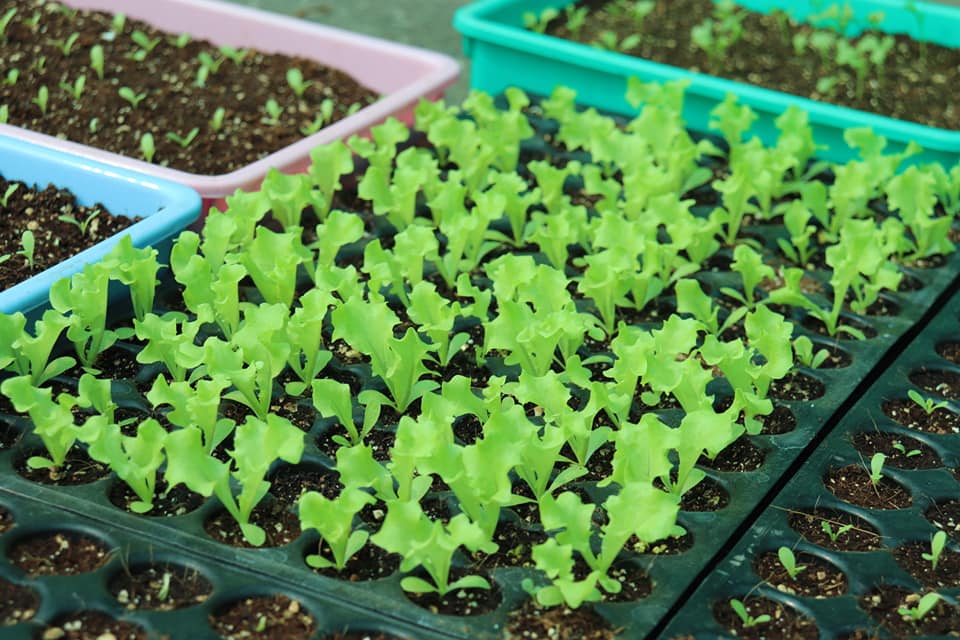
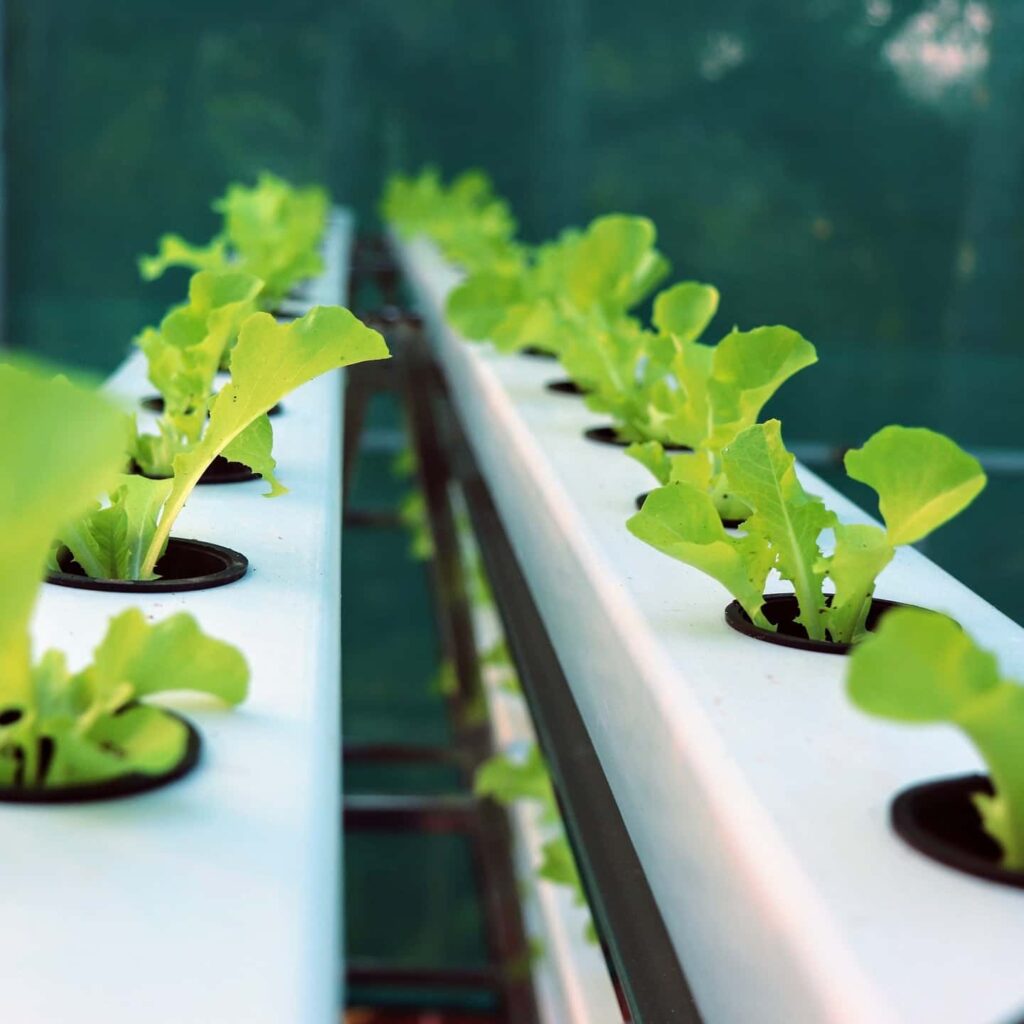
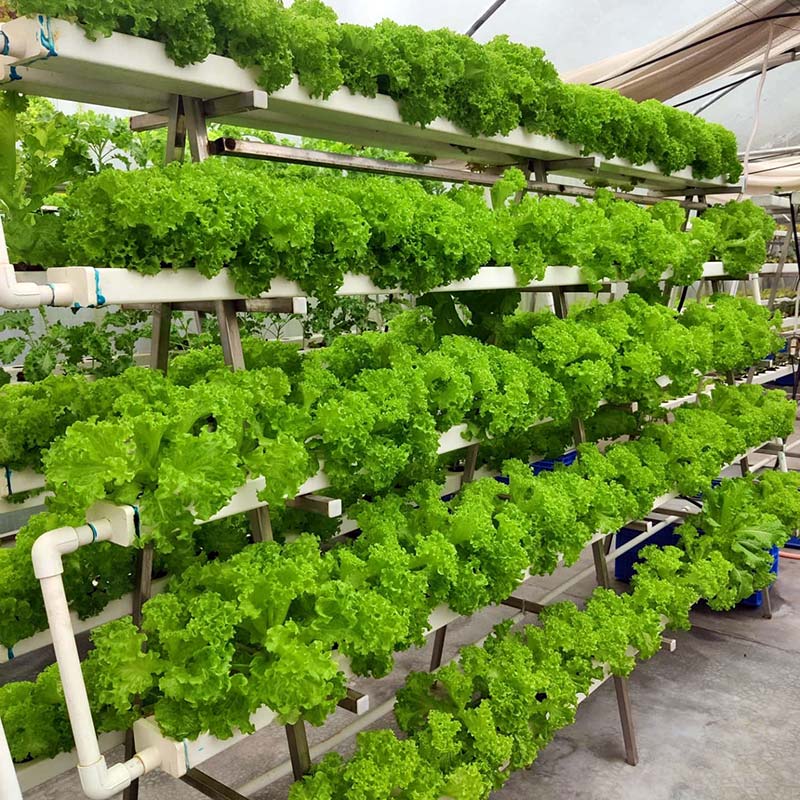
Pragyan managed the human resource and marketing while Ashish took care of the production. Examining the specific food demand in the Odisha market, Pragyan deduced significant demand for lettuce and other green leafy vegetables but with the least supply. In November 2019, Ashish too came to his village and started farming over an 800 sq. ft. rooftop space. They anointed the farm as HydroValley which is attributive to the hydroponic concept. As hard work always pays off, their first trial was successful.
But HydroValley was destined to suffer the grudge of COVID-19, obstructing the flow of farming. The farming came to halt for 4 months due to the sealing of state boundaries and lockdown. The target customers and raw materials got narrowed down. Yet the lean period couldn’t drooped their dedication, patience and efforts.
As the situation improved, the couple resumed their farming at full pace in August 2021. Fortunately, the farm produce got the same demand and support among customers as previously. This unique art of farming has inspired some customers to learn the skill from them. Ashish has also utilized his backyard for the farm by setting up a fan and poly house. Indoor farming allowed him to nurture plants in a controlled atmospheric condition suitable for growth irrespective of season round the year and zero pest attacks. Now, the experienced couple imparts training to the aspirants.
“Hydroponic farming requires dedication, proper care and patience like everything else. We tried to do something new in the region that has gathered popular support. It gives us immense satisfaction when customers come here, spend time and choose healthy greens by their own. Their appreciation and the support of our family is always a motivating force for us.”
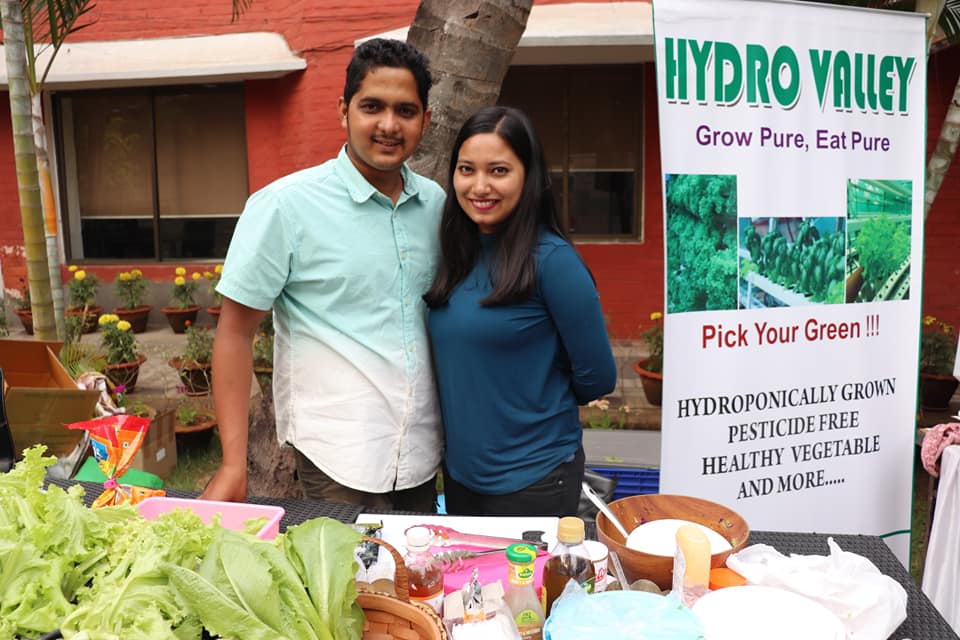
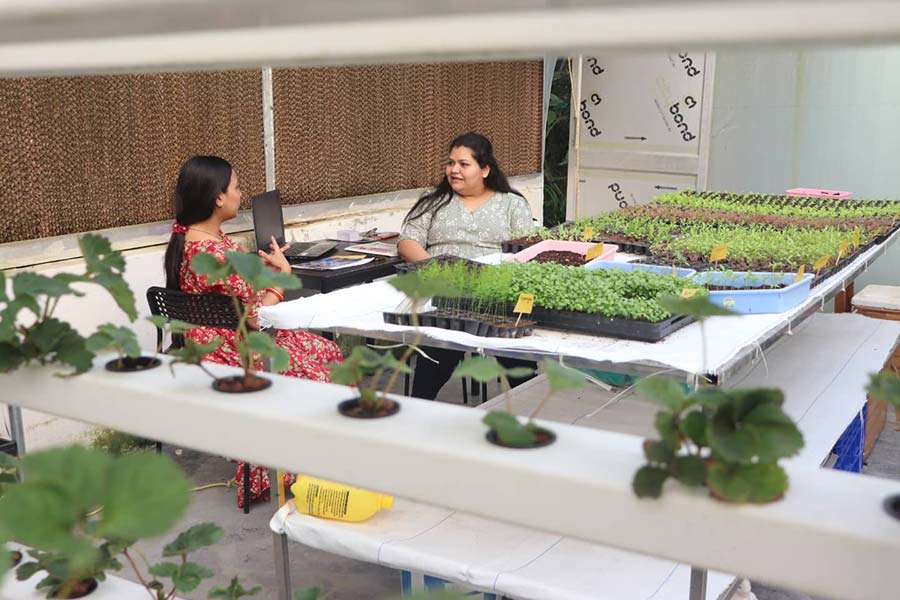
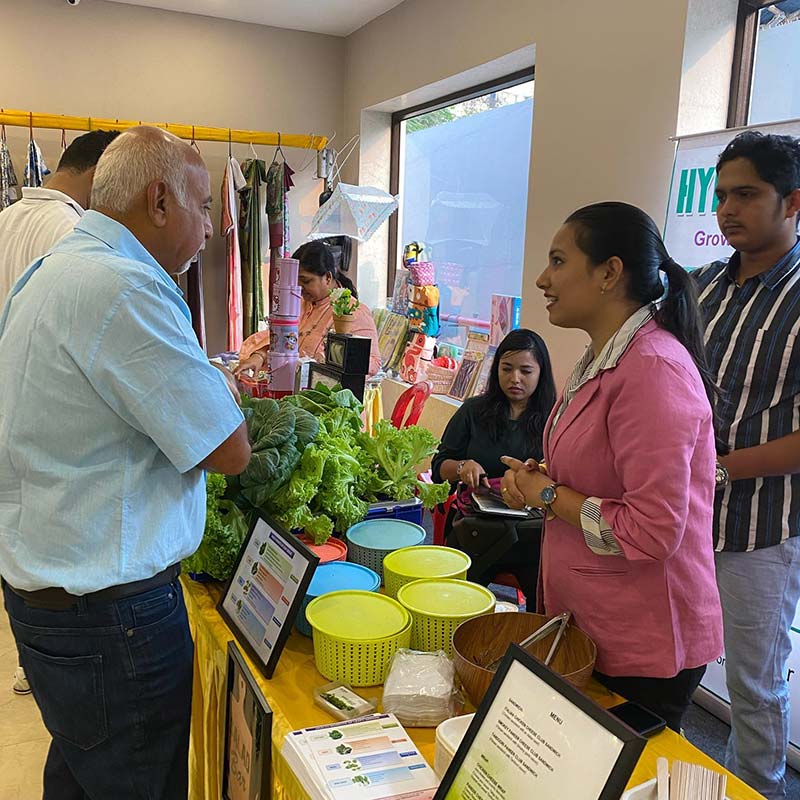
The conventional agricultural practices have gradually brought India on ventilators and so do the situation of farmers. But, futuristic Hydroponic farming can be the bliss to the deadly environmental issues of the present. The calculative plantation as per demand, adequate marketing and proper care for each sapling has controlled unnecessary spoilage of yield. When the situation arises, they circulate surplus or leftover produce among family or food bloggers or to local restaurants. So, the correct knowledge had just not helped the couples to become change-maker but could also reshape the future of Indian farmers.



